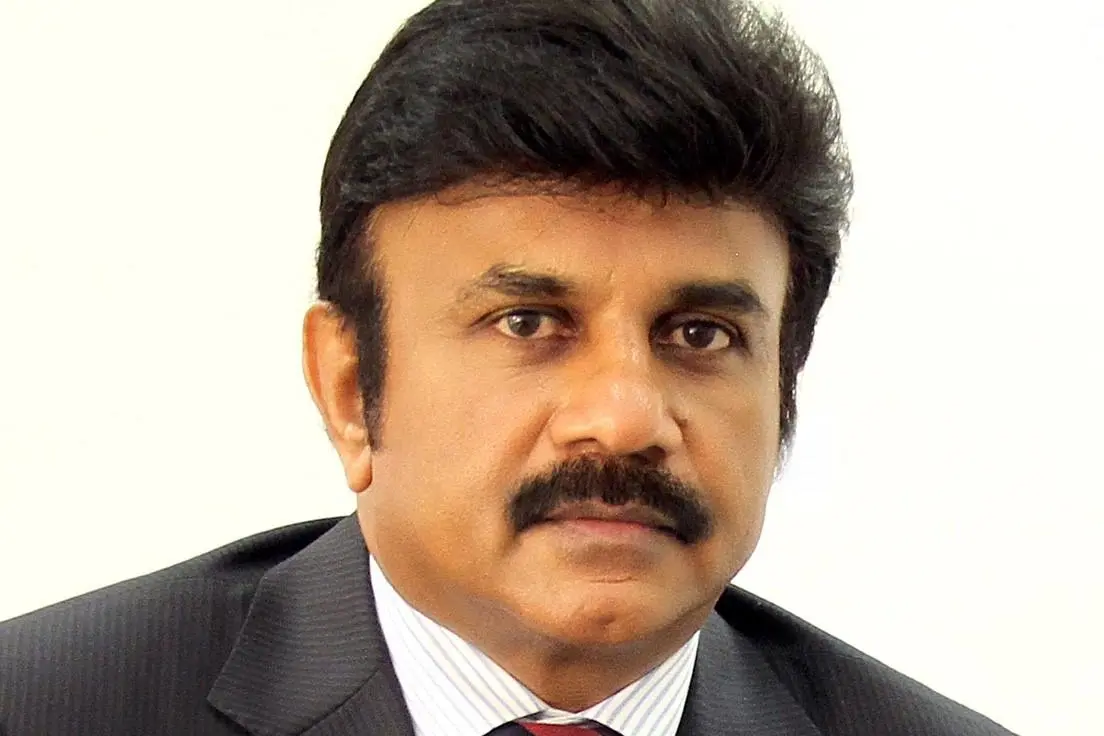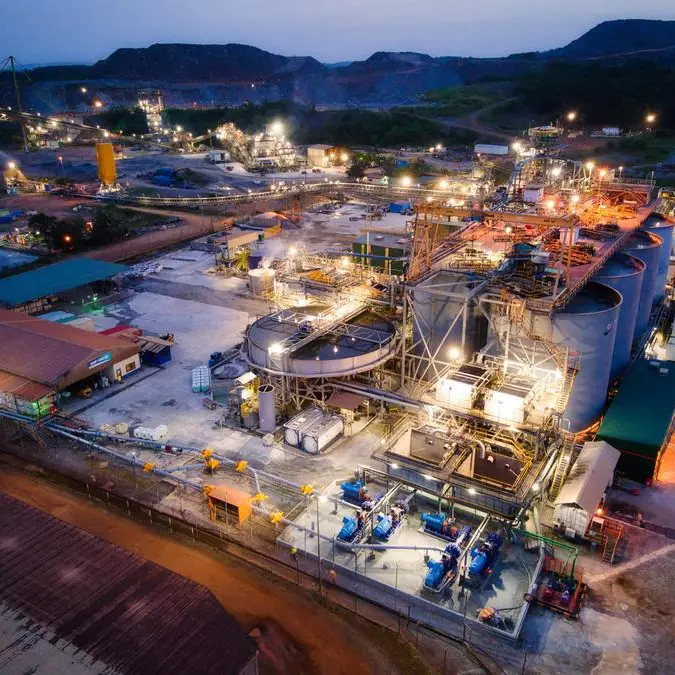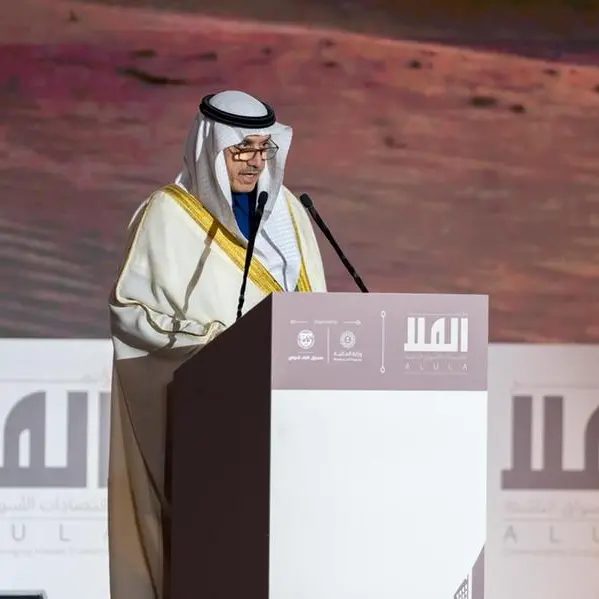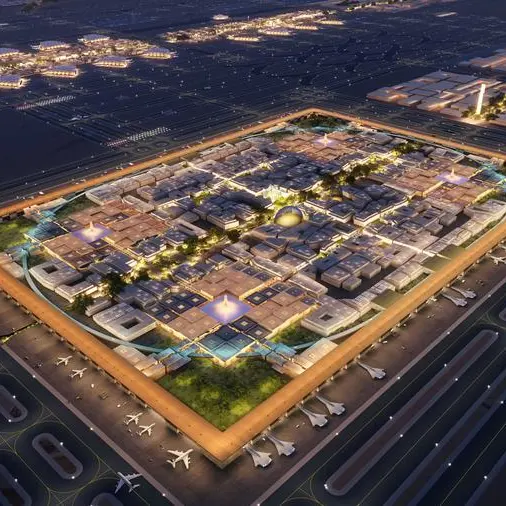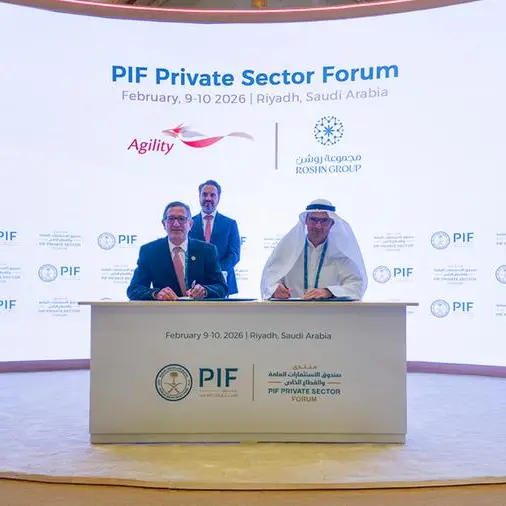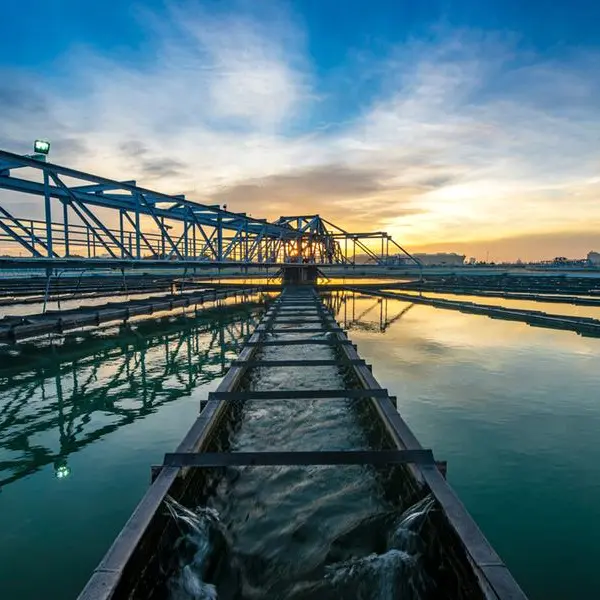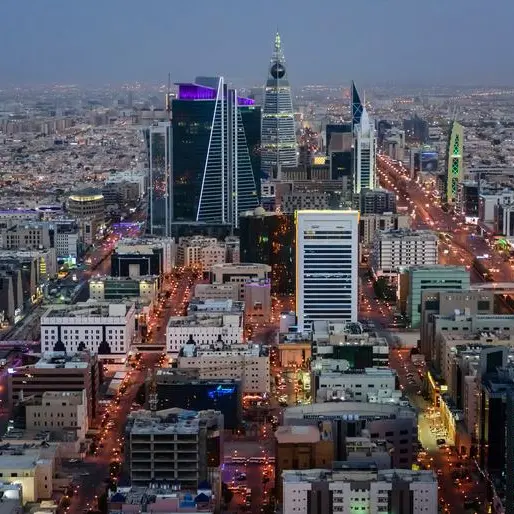PHOTO
Government support schemes helped businesses tide over the problems following the spread of COVID-19 pandemic, said Lalu Samuel, Chairman, Industry Business Group under the Sharjah Chamber of Commerce and Industry.
Samuel, who is also Chairman and Managing Director of SAIF Zone-based Kingston Holdings, said the long lockdowns following the spread of the pandemic had impacted businesses in form of lost manhours, production cut, cost escalation, loss of revenue, export markets and payment difficulties.
“Timely and adequate government support enabled the companies to tide over the difficulties,” he said in a recent interview with Zawya.
The Industry Business Group under the Sharjah Chamber of Commerce and Industry represents about 2,800 manufacturing units in Sharjah, with a combined turnover of $23 billion.
Riding out pandemic pressures
“When the pandemic hit our businesses, we held meetings with the Sharjah government after studying the problems faced by the industries and manufacturing units. We received government support in the form of waiver of rents, various fees, facilities for paying licence fee in instalments, reduction in electricity charges by 10 percent for three months, and many other incentives. Support came from all government departments, including the SAIF and Hamriyah zone authorities.”
Last year, the UAE Central Bank had announced 250-billion UAE dirham Targeted Economic Support Scheme (TESS) to support individuals and private sector firms through a range of integrated relief measures to the banking sector related to funding, liquidity, lending and capital. The government announced another 100 billion dirham and extended the scheme till June 2021 to continue its support for the economy during the Covid-19 pandemic.
Samuel noted that many businesses had faced cashflow problems, which affected payments to banks and clients. So, the banks were directed to give a breathing space for the industry and the businesses by deferring payments so that the companies can deploy the funds to keep businesses going.
“These policy measures helped the companies survive the ordeal, otherwise thousands of companies would have been closed down,” he said.
Samuel said his own company benefited greatly from the government’s support schemes during the pandemic period.
“The banks have given us freedom to defer our payments, SAIF Zone supported us with reduction in rent, expenses on account of workers’ accommodation and deferment of payments.”
UAE’s manufacturing identity
He welcomed the Operation 300bn strategy rolled out by the UAE's Industry Ministry, which aims to raise the manufacturing sector’s contribution from 133 billion dirhams to 300 billion dirhams over the next 10 years
“It is the right strategy as [manufacturing] industry is the backbone of any economy and in the case of the UAE, the [overall economic] strategy is to depend less on oil income,” he said.
“We [also] fully support the 'Make it in the Emirates' policy to establish the UAE's industrial competitiveness and industrial identity to support domestic products and promote the sector globally,” he added.
As one of the largest electrical products manufacturers in Asia, Kingston Holdings makes various products in Sharjah and exports them to 70 countries with 'Made in UAE,' label, said Samuel
“We manufacture more than 1,200 products here, ranging from electrical accessories, conduit pipes, distribution boards, metal boxes, wiring accessories, weather-proof accessories and LED light fittings, and these products are 100 percent import substitutes.”
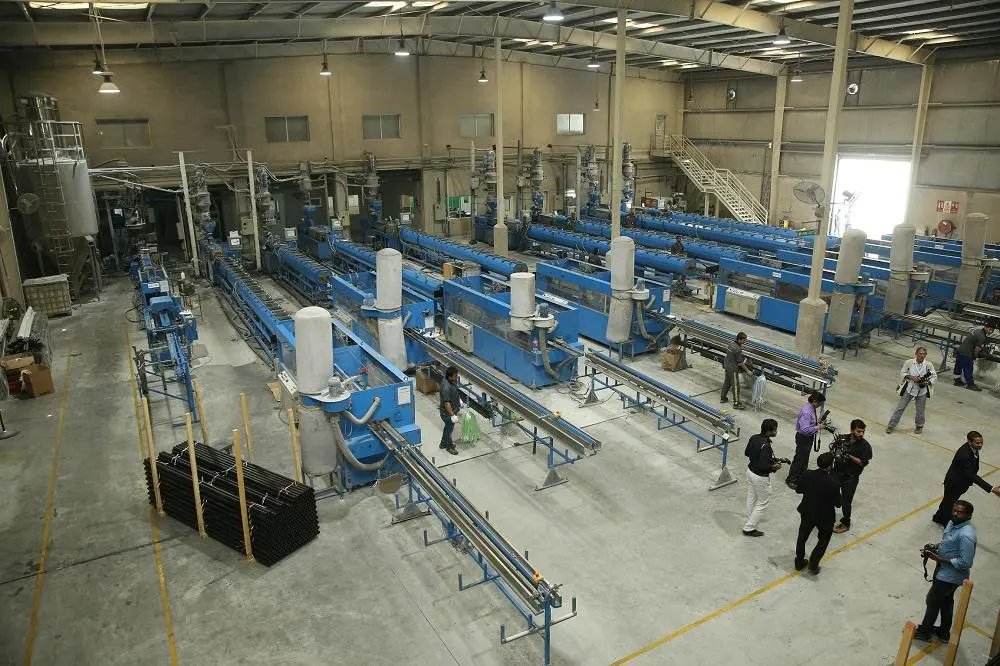

In April 2018, Rexton Technologies, the industrial arm of Kingston Holdings, opened the largest LED light facility in the Middle East at SAIF Zone.
IPO plans
The Kingston Holdings chief said he intends to leverage the company’s existing strengths to launch an Initial Public Offering (IPO) after five years.
“We have already initiated measures to make the company ‘public issue-ready’ in two years as far as compliances are concerned,” he said.
In April, Zawya had reported that the company is planning to triple its turnover in two years to reach $300 million.
“Our products are related to the construction industry, such as residential and commercial buildings. We are looking at diversifying into energy solutions, fast moving consumer goods such as consumer batteries demand for which grew almost eight percent during the lockdowns. We are also selling electric vehicle charging systems,” he said.
(Reporting by Bhaskar Raj; Editing by Anoop Menon)
Disclaimer: This article is provided for informational purposes only. The content does not provide tax, legal or investment advice or opinion regarding the suitability, value or profitability of any particular security, portfolio or investment strategy. Read our full disclaimer policy here.
© ZAWYA 2021
